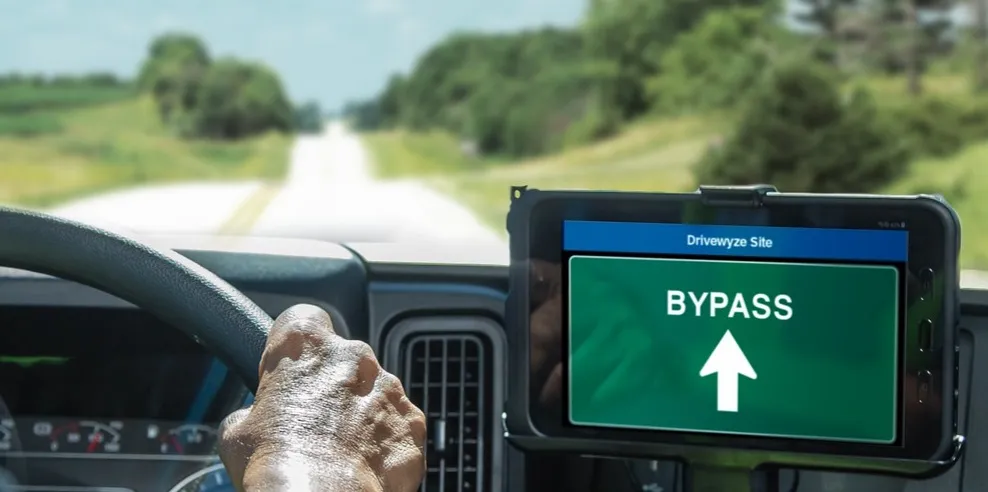Kistler has announced that its Weigh-In-Motion (WIM) system consisting of Lineas quartz WIM sensors and the Kistler WIM Data Logger has been OIML R-134 certified.
Kistler said its WIM system precisely measure axle loads and vehicle weights from low to high speed. It is now, with the OIML certificate (International Organisation of Legal Meteorology) also certified for legal applications from low to medium speed (3-65 kph) with accuracy class 5 and class 10.
This enables the automatic collection of weig
September 16, 2015
Read time: 2 mins
Kistler said its WIM system precisely measure axle loads and vehicle weights from low to high speed. It is now, with the OIML certificate (International Organisation of Legal Meteorology) also certified for legal applications from low to medium speed (3-65 kph) with accuracy class 5 and class 10.
This enables the automatic collection of weight-based toll fees without stopping vehicles at the booth. Operators and concessionaries can simply upgrade their manual toll collection system to Electronic Toll Collection (ETC), allowing vehicles to pass their toll collection sites without delay.
WIM systems have served as pre-selection tools for weight enforcement and have delivered valuable traffic data. But traditional WIM systems can’t be used for legal weighing applications, such as weight-based toll collection and automatic weight enforcement.
As more and more road concessionaries and toll road operators wish to perform financial transactions – tolling - and governments push to implement automatic enforcement applications based on vehicle weight data, there has been an increasing demand for certified WIM systems, accredited according to international standards.
This certificate states that Kistler WIM systems based on maintenance-free Lineas quartz WIM sensors and the Kistler WIM Data Logger can be used for legal weighing applications.
Kistler also noted that governments in several countries are pushing for automatic weight enforcement applications. “OIML provides a sound basis for creating the necessary legal framework for these applications,” the company said. “Kistler’s OIML-certified, maintenance-free WIM systems are based on extremely durable quartz crystal sensors and can be integrated into any manual or automated weighing system.”
Other possible applications include not only toll collection and weight enforcement, but also for example weighing at ports, logistics terminals, and industrial or mining facilities. Thanks to the use of extremely durable quartz crystal sensors, Kistler’s WIM systems are maintenance-free, durable under any weather conditions and can be integrated into any overall solution both for low and high speeds.









